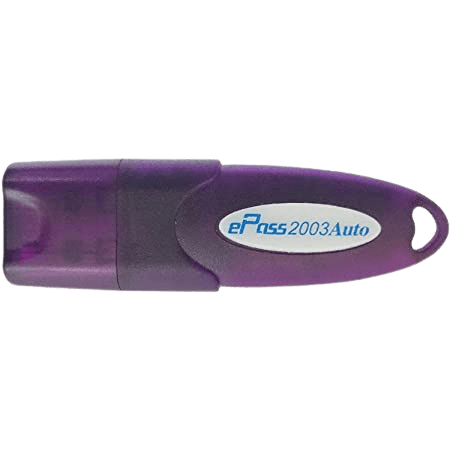One person company
In India, a one-person company is a novel idea that was introduced with the Company Act of 2013. In India, a single person can form a one-person company. A single individual could not form a business prior to the implementation of the Companies Act 2013. An OPC combines the advantages of a corporation with those of a single proprietorship. Previously, if someone wanted to start a business, they could only do so as a single proprietorship.
A company can be founded with just one director and one member, according to Section 2 (62) of the Company’s Act 2013. In India, a One Person Company registration is a type of entity with fewer compliance requirements than a Private Limited Company.
Under the Companies Act 2013, a one-person company can be registered in India with just one member and one director. It is also possible for the Director and a member to be the same individual. An individual can register an OPC in India whether they are a resident or non-resident Indian.
Register a Company in 5 Easy Steps

Fill out our OPC Form
You must complete our brief online questionnaire with your information.

Obtain the Director of OPC's DSC and DIN
Then we'll apply for DSC and DIN for directors, as well as OPC name approval.

OPC Name Approval and Verification
Our professionals will verify the information you provide for OPC registration.

Submit an application for the OPC COI
We'll apply for and receive an OPC certificate of incorporation before applying for TAN and PAN.

Your OPC is now operational.
We will send your TAN and PAN through courier after your OPC has been registered.
Document Required for One Person Company registrations
- A copy of the owner’s PAN card
- Photograph of the owner in passport size
- Aadhaar Card/Voter Identity Card Copies
- Rent agreement copy (If rented property)
- Bills for electricity and water (Business Place)
- A copy of the title papers (If owned property)
- NOC from the landlord (Format will be provided)
Important forms in One Person Company Registration
- Company Registration Questionnaire
- Form for Digital Signatures
- INC9 Promoter’s Declaration
- FEMA and SEBI require promoters to make a non-deposit declaration.
- DIR2 – Director’s Consent
- Subscriber Sheets for MOA and AOA
- No obligation from the owner
Advantages
1. Credibility in the Business
Because it is a limited company, an OPC will have greater business credibility than a sole proprietorship.
2. Limitation of Liability
A limited corporation, like any other incorporated business, has a limited liability. The owner's obligation is limited to the amount of stock he owns in the company, and it stops when he pays for the stock.
3.Owners' Personal Assets are safeguarded
Because the owner's responsibility is limited, the shareholder's personal assets are safeguarded from business risk because the company's obligation is not the owner's liability.
4. Existence indefinitely
The assets and liabilities of a corporation belong to it, not to the shareholders. As a result, even if the owner changes, the company will continue to exist.
5. You have the ability to sue and be sued.
A limited liability company (LLC) is similar to a legal person. It, like any other person, has the right to sue and be sued in a court of law. This means that if a corporation defaults, others may pursue legal action against it, and the company may pursue legal action as well.
OUR PRICING PLANS
Standard
₹ 14,999
- complete company incorporation
- Certificate of incorporation (COI)
- Permanent account number (PAN)
- tax deduction account number (TAN)
- director identification number (DIN)
- digital signature certificate (DSC)
- memorandum of association (MOA)
Gold
₹ 16,999
- complete company incorporation
- Certificate of incorporation (COI)
- Permanent account number (PAN)
- tax deduction account number (TAN)
- director identification number (DIN)
- digital signature certificate (DSC)
- memorandum of association (MOA)
- articles of association (AOA)
- Bank account opening
- GST registration
- MSME / UDYAM registration
Platinum
₹ 19,999
- complete company incorporation
- Certificate of incorporation (COI)
- Permanent account number (PAN)
- tax deduction account number (TAN)
- director identification number (DIN)
- digital signature certificate (DSC)
- memorandum of association (MOA)
- articles of association (AOA)
- Bank account opening
- GST registration
- MSME / UDYAM registration
- Share certificate issue
- company commencement form filling
